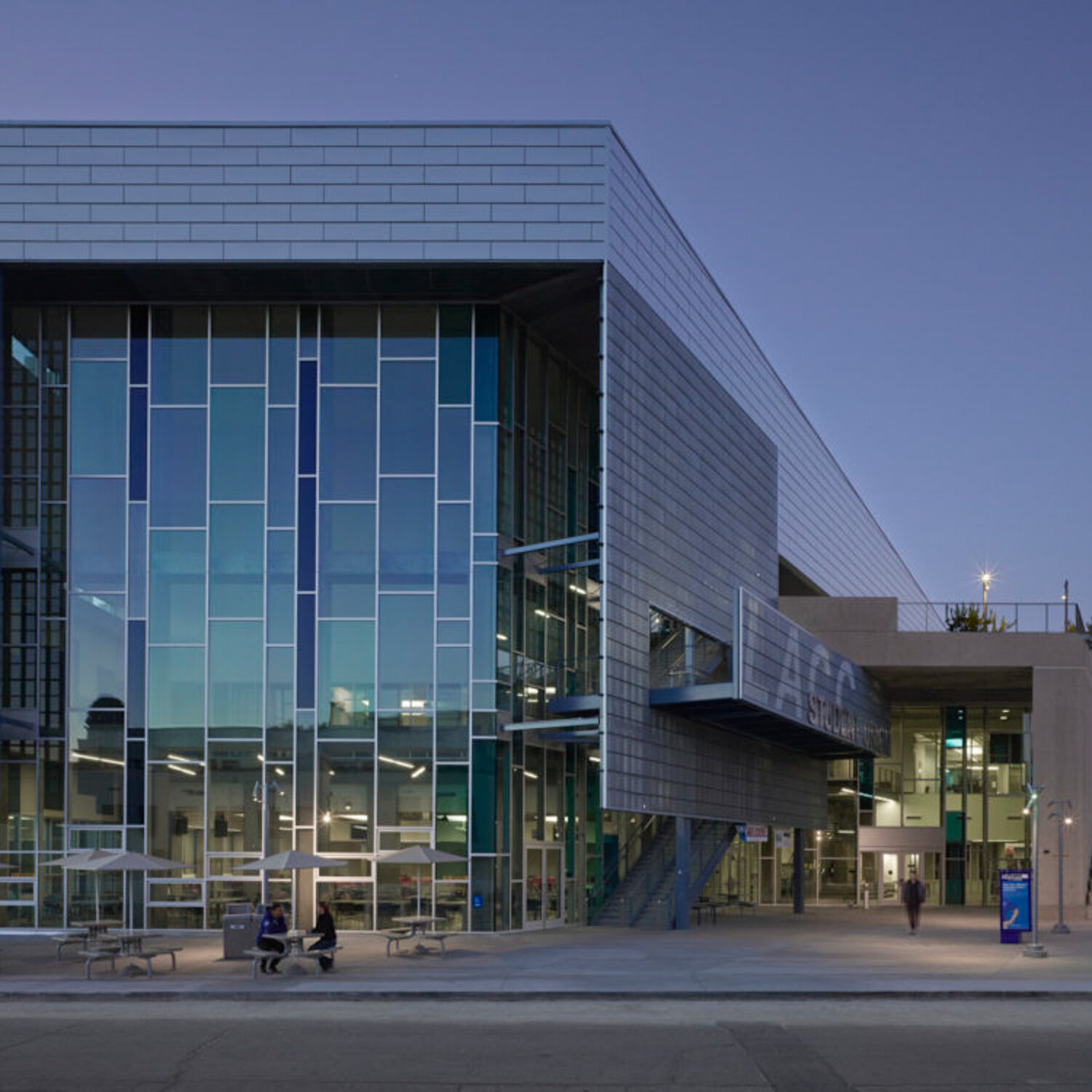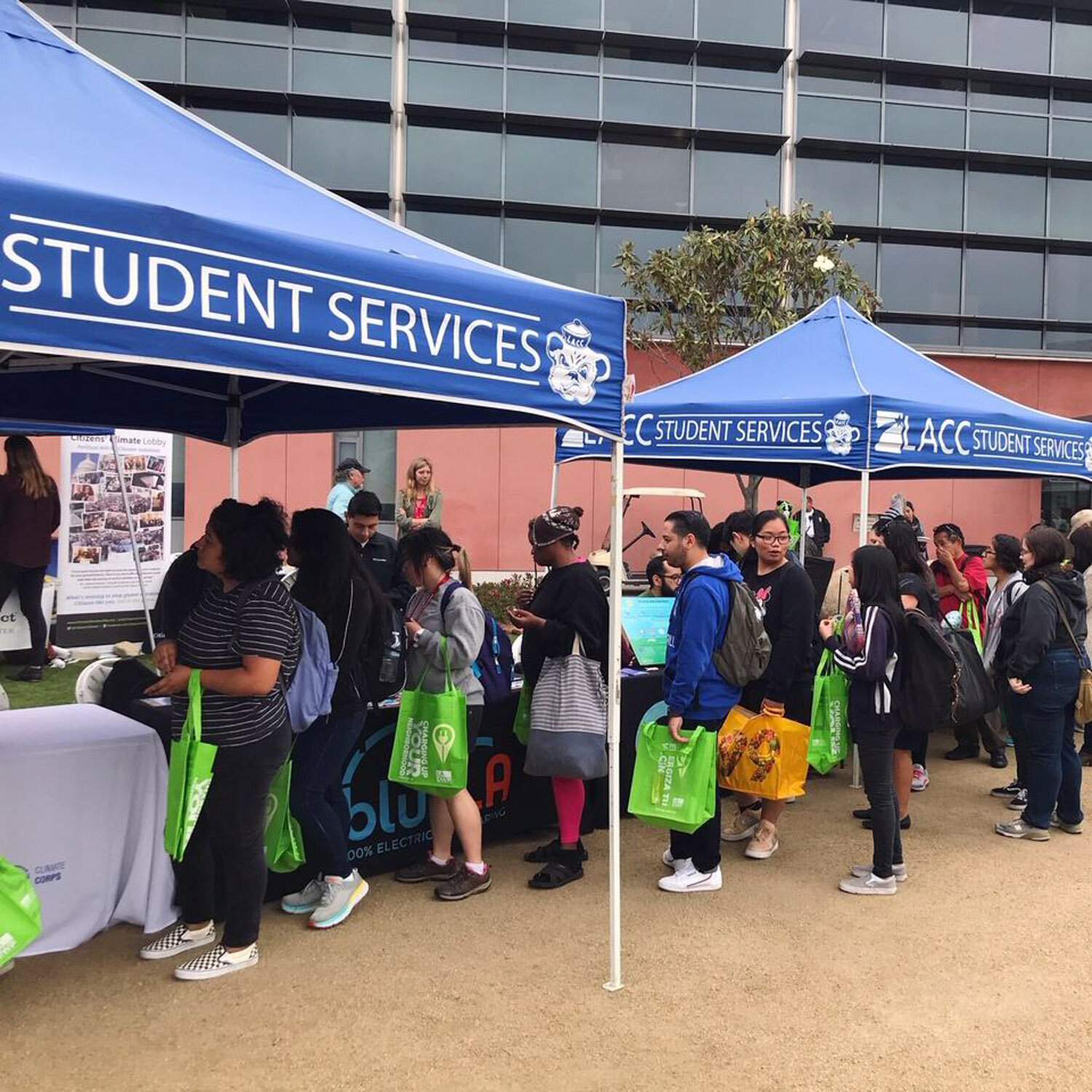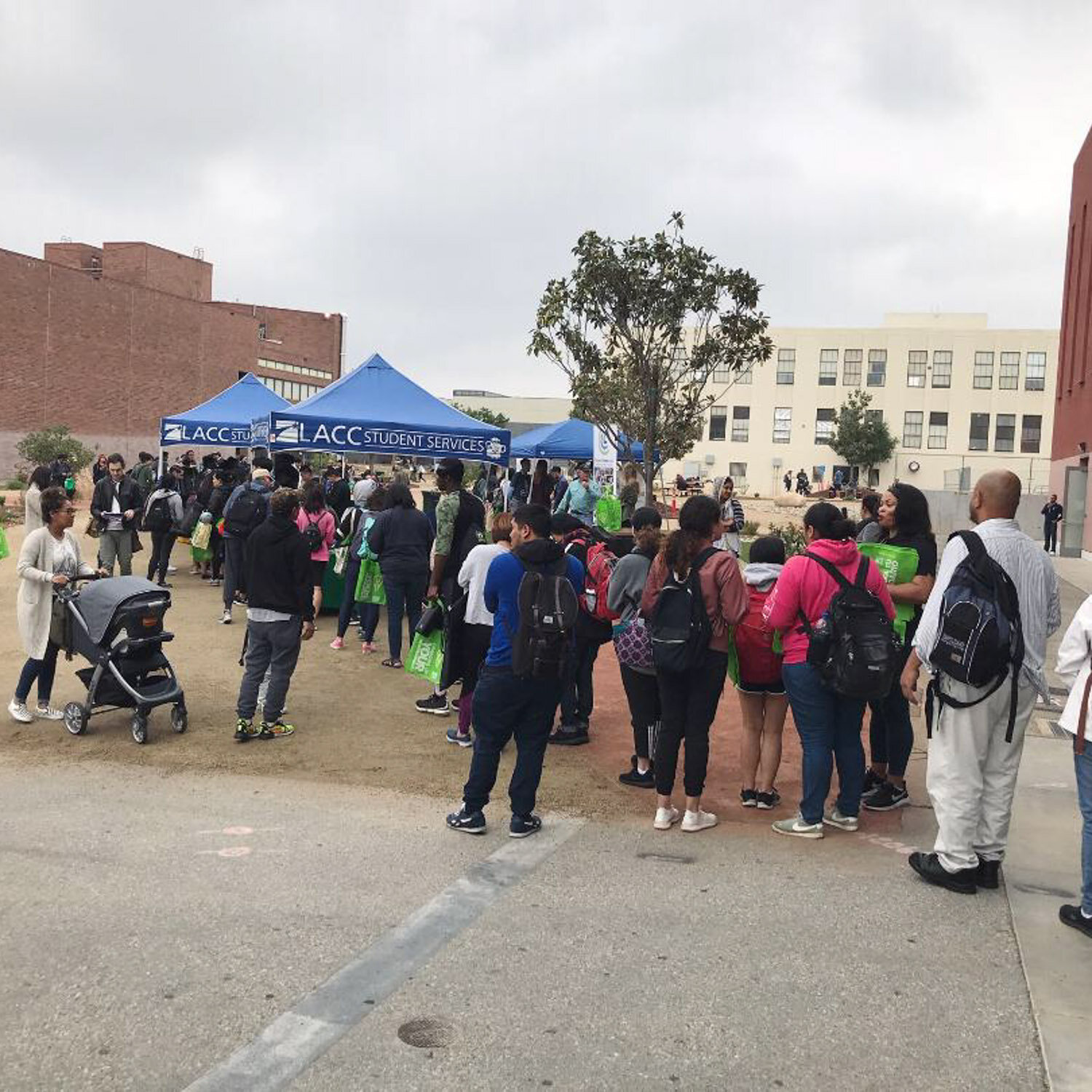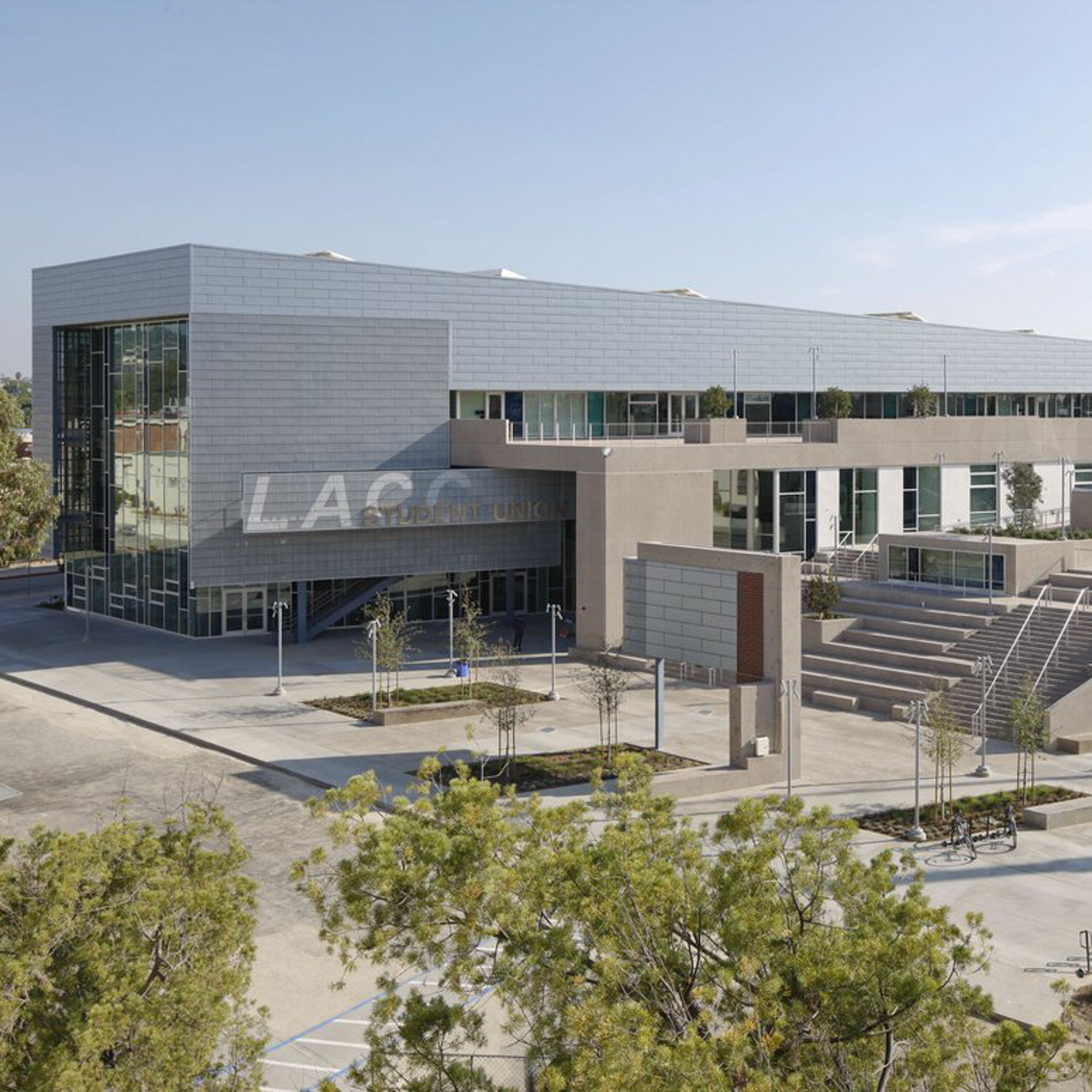LA City College Education and Outreach Program on Sustainable Behavior Reduces Energy Consumption and Empowers Stakeholders
23%
Energy Reduction in 2019
2020 Innovation Awards: Walk the Walk - Energy Project of the Year Winner
“The biggest lesson learned is that, when it comes to sustainable behavior and values, people are interested in doing the right things for the right reasons, but sometimes feel that their contributions aren’t counted at the institutional level… Through this project, we found that stakeholders were highly responsive when the suggested measures and desired goals were communicated to them clearly and often.”
ARIS HOVASAPIAN
Utility Program Manager, Los Angeles Community College District
CHALLENGE
The Los Angeles Community College District (LACCD) is determined to significantly reduce greenhouse gas emissions and energy consumption Districtwide. LACCD has undergone a multitude of efficiency projects in the last ten years, including installing central utility plants at eight of nine campuses, and solar PVs across the District. LACCD also engaged in a five-year program under the California Clean Energy Jobs Act (Proposition 39) that allowed the District to deliver 51 projects valued at $17 million and anticipates savings of almost $1 million per year.
While LACCD’s usual approach to energy efficiency is to implement upgrades and maintenance projects, these efforts have been continually challenged by a disconnect between the stakeholders on campus (faculty, staff and students) and the building operators. As LACCD planned its next phase of sustainability investments, they aimed to bridge that education and outreach gap to measure whether promoting behavioral changes on a personal level could impact energy consumption.
STRATEGY
LACCD partnered with the Strategic Energy Innovations (SEI) Climate Corps Fellowship program to develop a behavior-based educational and outreach initiative that would improve energy efficiency and water conservation at Los Angeles City College (LACC). Funded by the LADWP Community Partnership Grant, Climate Corps Fellow Natalie St. Clair worked under the supervision of the Utility Program Manager at LACCD to lead a ten-month educational campaign branded as the Energy Blitz Initiative, that comprised of branded workshops, presentations, tabling events, and media outreach to LACC campus and community members of LA City Council District 13.
In conjunction with these efforts, the Fellow directed the Energy Blitz Challenge at LACC during the Spring 2019 semester, the campus’s first energy-saving competition.
IMPACT
During the three-month competition alone, 11 participating teams of LACC students, faculty and staff saved a measured 105,795 kWh of electricity, generated $15,509 in cost savings, and achieved a greenhouse gas emissions reduction equivalent to 13 homes’ electricity use every year. Over the course of the 10-month Energy Blitz Initiative, LACC engaged an estimated 800 LACC students, faculty and staff, and saved 1,018,985 kWh, representing an 11.7 percent drop in consumption, or the equivalent of an entire month’s electricity consumption for the campus.
Beyond the apparent energy and cost savings from the campaign and competition, the presence of a dedicated sustainability staff member had ripple effects at both the LACCD Office, and the Facilities Department of the college, as education on best practices empowered staff to curate a culture of sustainability on campus. The project’s results validate the positive impact of improving end-user behavior by educating stakeholders that individual measures are as valuable as macro measures taken on an institutional level.
The project can serve as a model to replicate at the District’s other colleges and throughout educational facilities. In addition, LACCD is currently hosting Climate Corps Fellow from February 2020 to December 2020 at Los Angeles City College. The work accomplished by the Fellow was recognized under two proposals that each won a Best Practice Award at the 2019 California Higher Education Sustainability Conference (CHESC) at UC Santa Barbara.










